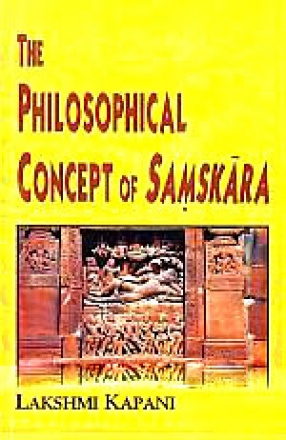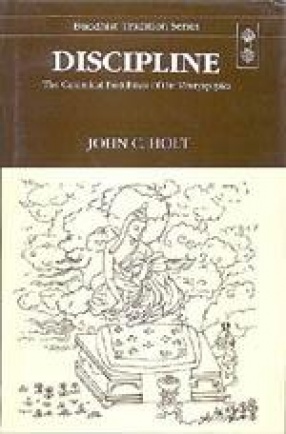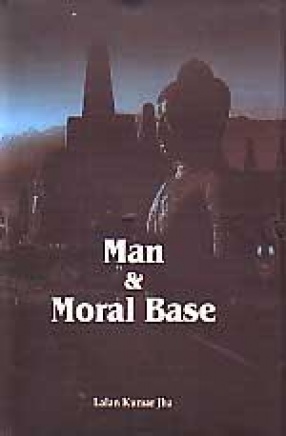The purpose of this book is to throw some light on the originality of the Concept of Samskãra in which ritual, psychological, and philosophical aspects are intermingled. Keeping in mind the various implications of the word in the Hindu Darianas as well as in Buddhist thought, some relevant comparisons are drawn with Western Philosophy and Psychoanalysis.
A review of texts and contexts shows that in domains as different as Rituals, Anthropology, Logic, Epistemology, Psychology, Ethics, Soteriological Philosophy, the Concept of Samskara works like a universal key in the mind of Indian authors. The enquiry in this book based on Sanskrit and Pali texts helps to discern its denotation, connotation, evaluations.
The word Sa8ukdra applies not only to the Hindu Life-cycle perfective rites which imprint the psyche, but also to all sorts of “psycho-physical compositions”, dynamic traces and tendencies, predispositions, habits, traits of character. These morally qualified residuelle impressions: bodily, vocal, mental, cause of memory and dreams, condition and encumber the psyche or subtle body. Although beneficial on the pragmatic level, present in instincts till refined intelligence, samskãras are considered to be obstacles in the path of deliverance (moksa), specially when, appearing as blind urges or unconscious drives. Hence the role played by samskäras, (explaining the inexplicable), in the enigmatic psycho-cosmological register of the Law of karman and the doctrine of samsãra. Yoga born samskäras, traceless indeed, help in de-conditioning and dis-encumbering the psyche. The book concludes that samskãras are factors of cohesion, liaison, intelligibility, mediation and continuity in space and time, mainly, factors of bondage and release.





There are no reviews yet.